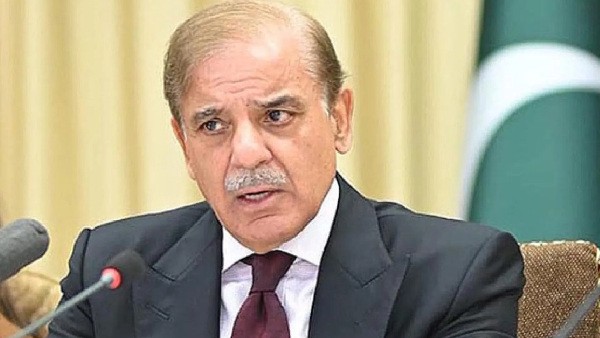
In a fiery address to the 80th United Nations General Assembly, Pakistan's Prime Minister Shehbaz Sharif denounced India's unilateral decision to suspend the Indus Water Treaty, calling it a “blatant violation of international law” and an “act of aggression.”
Sharif accused India of undermining a decades-old water-sharing agreement brokered by the World Bank in 1960, which governs the distribution of rivers between the two nations. “To us, any violation of the treaty represents an act of war,” Sharif declared, emphasizing Pakistan’s unwavering stance on its water rights.
Treaty in Turmoil
The Indus Water Treaty has long been a cornerstone of India-Pakistan relations, dividing control of six rivers: India manages the eastern rivers—Ravi, Beas, and Sutlej—while Pakistan oversees the western rivers—Indus, Jhelum, and Chenab. Despite surviving wars and diplomatic breakdowns, the treaty now faces its most serious challenge yet.
Pakistan PM Sharif, Army Chief Munir Hold Closed-Door Talks with Trump
India’s move to place the treaty in abeyance follows the April 2023 Pahalgam terror attack, which claimed 26 lives. Indian officials argue that Pakistan’s continued support for cross-border terrorism justifies the suspension. “India has exercised its sovereign right under international law,” said an Indian spokesperson, linking the treaty’s reinstatement to Pakistan’s verifiable cessation of terror support.
Call for Dialogue Amid Tensions
Despite the harsh rhetoric, Sharif extended an olive branch, urging India to resume comprehensive dialogue. He reiterated Pakistan’s readiness for “composite, comprehensive, and result-oriented” talks, particularly on the Kashmir issue, which he described as suffering under “tyranny”.
The speech underscores the deepening rift between the nuclear-armed neighbors, with water security, terrorism, and territorial disputes converging into a volatile mix. As global leaders watch closely, the fate of the Indus Waters Treaty may hinge on whether diplomacy can outpace escalation.
